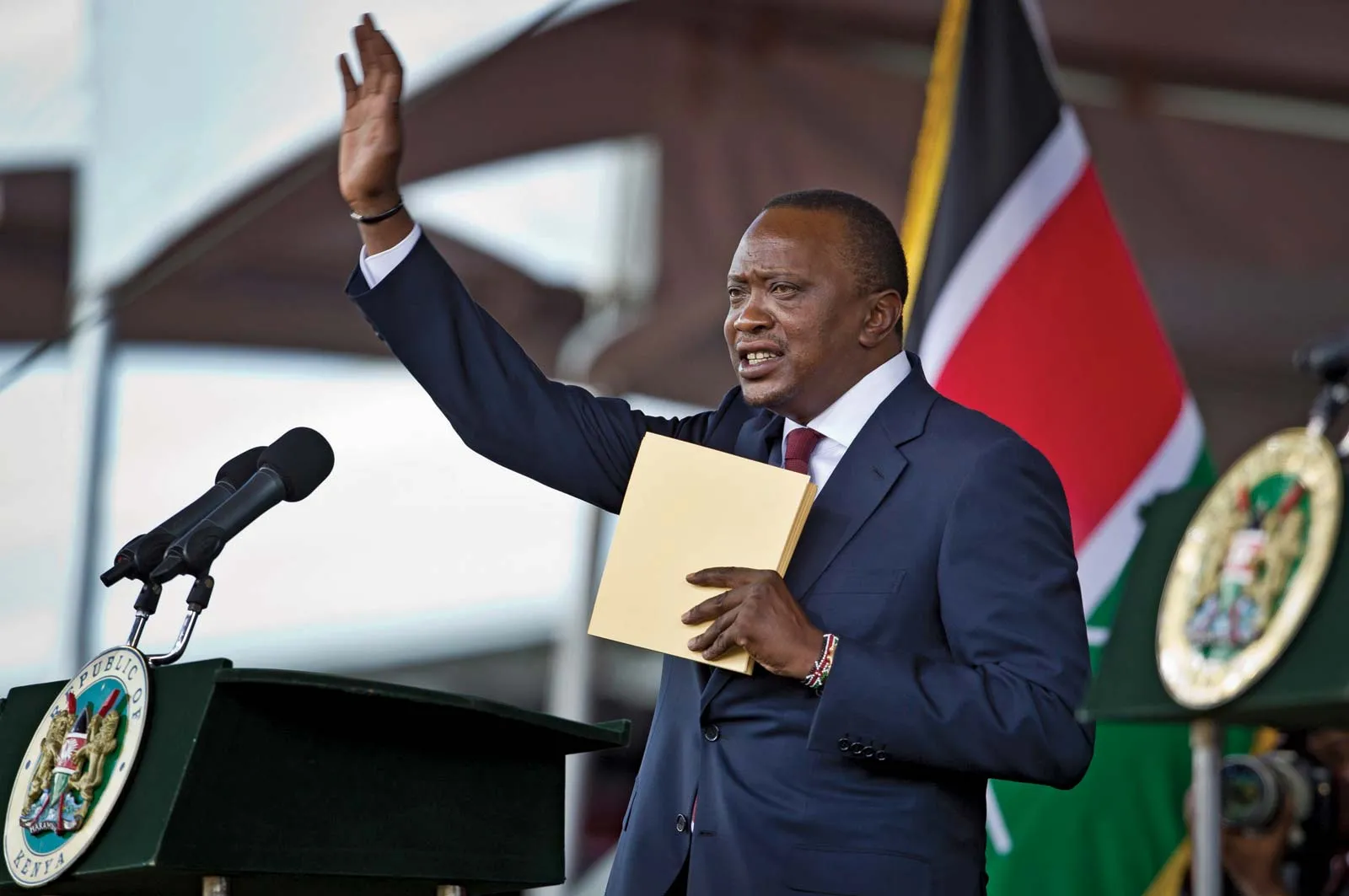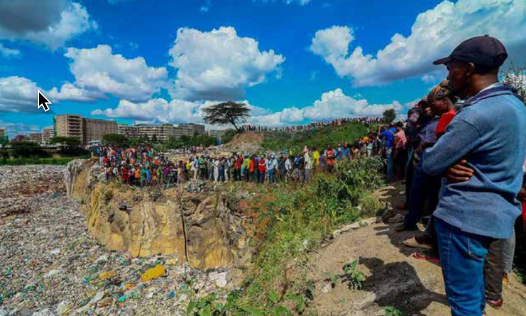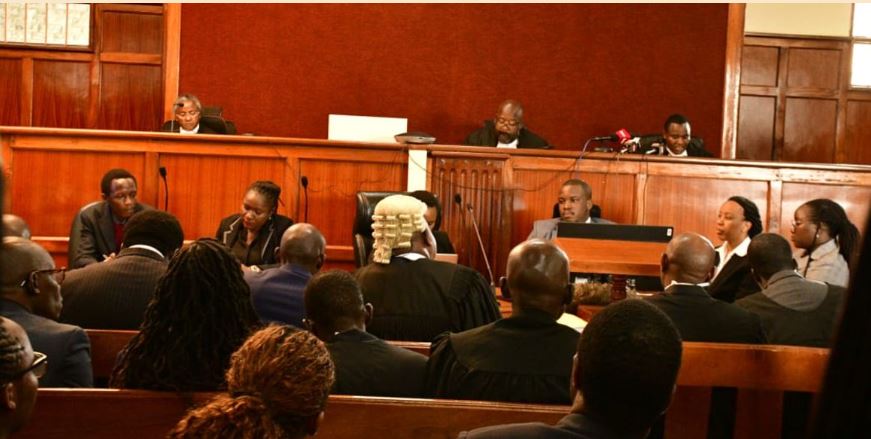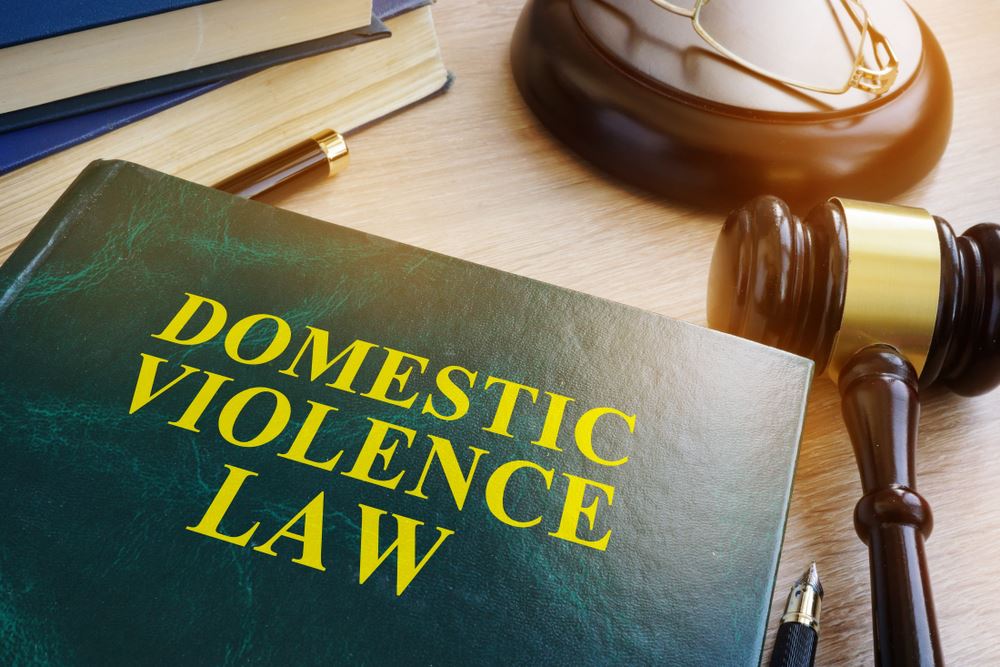Is it presidential immunity or impunity?
by admin on | 2025-08-02 16:29:15 Last Updated by admin on 2025-10-26 10:39:46
Share: Facebook | Twitter | Whatsapp | Linkedin Visits: 284

Presidential immunity is a privilege enjoyed by the president of the Republic of Kenya. It is a doctrine that shields the president from both criminal and civil proceedings while in office, for the wrongs that result from actions that they do or omit to do in their capacity as president. This immunity is absolute as long as they are still in office. This has resulted in many of the Kenyan presidents abusing their executive powers and doing actions that contravene the constitution or other laws of the land. This paper aims to advocate for the limitation of this privilege such that the president can be sued and held accountable for violating the laws.
1.0 Introduction
Presidential immunity in Commonwealth countries in Africa was inherited from Britain. There are certain questions that those who drafted the constitution of Kenya ought to have asked themselves before inheriting this doctrine. What were the reasons for making the British Monarch, who was the head of state, immune to legal proceedings? Was Kenya in the same situation as Britain was when introducing this doctrine? The three main reasons why the British government made the head of state immune to legal proceedings were the following; the King or Queen was believed to be incapable of committing a wrong, litigation against the monarch would undermine their attention to duty or authority of their office, and finally, the courts were Queen’s or King’s, resulting in Queen’s Bench Division and King’s Bench Division, making it impossible for the monarch to be taken to their courts In Kenya, the rationale for this privilege is that it allows the president to execute their constitutional mandates without the fear of prosecution, prevents distractions that would arise from court attendances for testimonies or cross-examination and shields the dignity of the president and the office.
2.0 Abuse of Presidential Immunity in Kenya and the world Presidential immunity is a privilege enjoyed by most heads of state in the world.
2.1 Kenya Almost all Kenyan presidents have abused power, but none have ever been prosecuted while in office, mainly because they are shielded by presidential immunity.
Most of them have been associated with corruption cases throughout their tenures. These instances are seen as benefiting their interests but not the citizens.
2.1.1 President Daniel Arap Moi During President Moi’s Era, one of the greatest gold scandals in Africa occurred, the Goldenberg Scandal.
This involved a fictitious company called Goldenberg International Limited, whose owner, Mr. Pattni, pretended to be exporting gold, something he never did. By then, it was a policy that a person would be compensated 35% of the value of their gold export. Kenya barely had a large gold that could be exported. The Bosire Inquiry established what everyone knew but could not prove, because the Attorney General, Amos Wako, had developed feet of clay. The commission concluded that it involved the highest levels of President Moi’s government officials and that President Moi had personally authorised two Goldenberg related payments.3 This suggests that the fraud could not have occurred without the involvement of President Moi and Mr. Saitoti, the then Vice President. The names of President Moi, both of his sons, Philip K. Moi and Gideon Moi, appeared in the list of people who benefited from the scandal. The 2005 Bosire Commission of Inquiry into the scandal concluded that up to Kshs158.3 billion of Goldenberg money was transacted with 487 companies and individuals. Read More...




